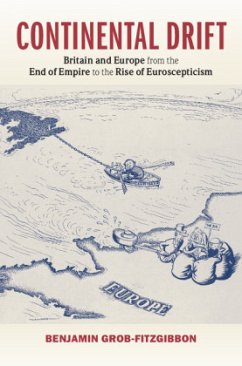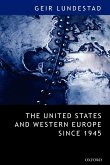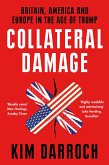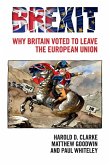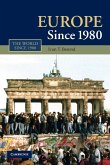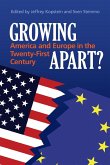In the aftermath of the Second World War, Churchill sought to lead Europe into an integrated union, but just over seventy years later, Britain is poised to vote on leaving the EU. Benjamin Grob-Fitzgibbon here recounts the fascinating history of Britain's uneasy relationship with the European continent since the end of the war. He shows how British views of the United Kingdom's place within Europe cannot be understood outside of the context of decolonization, the Cold War, and the Anglo-American relationship. At the end of the Second World War, Britons viewed themselves both as the leaders of a great empire and as the natural centre of Europe. With the decline of the British Empire and the formation of the European Economic Community, however, Britons developed a Euroscepticism that was inseparable from a post-imperial nostalgia. Britain had evolved from an island of imperial Europeans to one of post-imperial Eurosceptics.
'What a timely and illuminating book this is! In his richly detailed study of Britain's tempestuous relationship with the European Union, Benjamin Grob-Fitzgibbon shows that the shift from the post-war conviction that a unified Europe was beneficial to Britain to the current wave of Euroscepticism needs to be set in the context of the loss of empire and a longing for its return. A first-rate history that offers real insight into the roots of Euroscepticism.' Dane Kennedy, author of Decolonization: A Very Short Introduction

